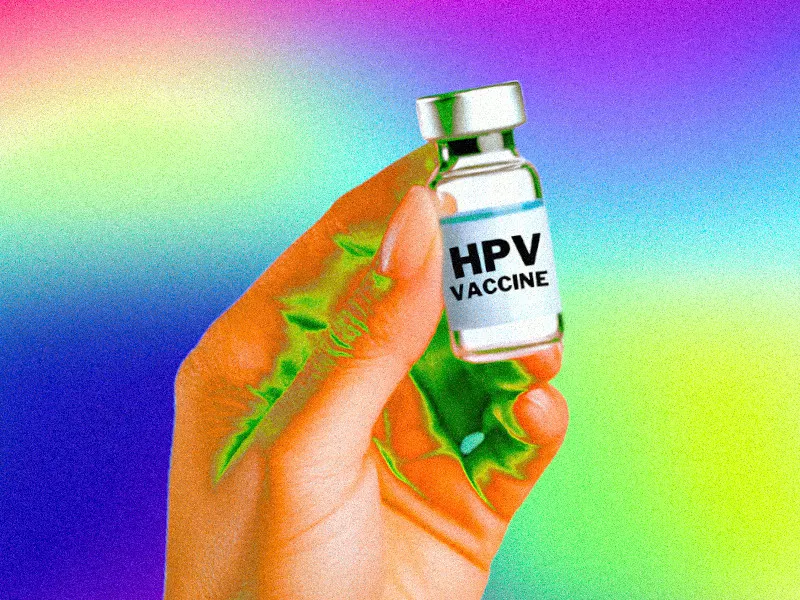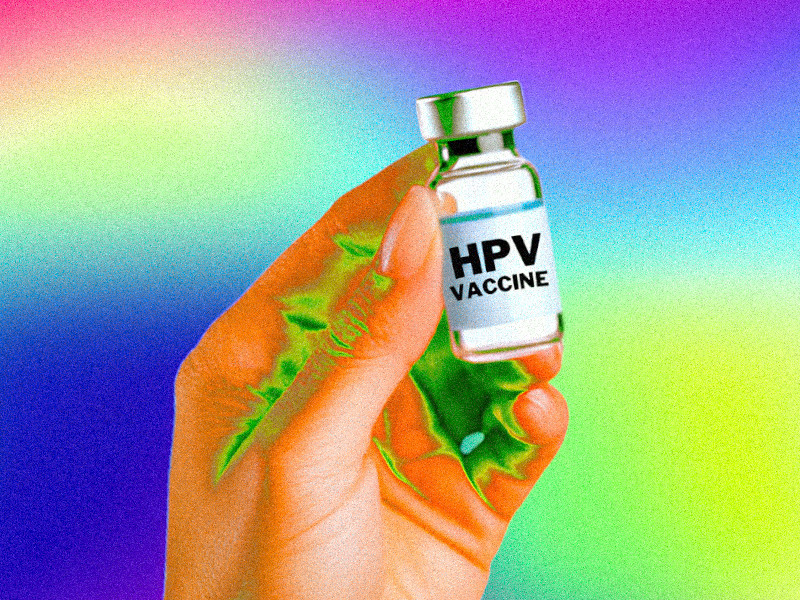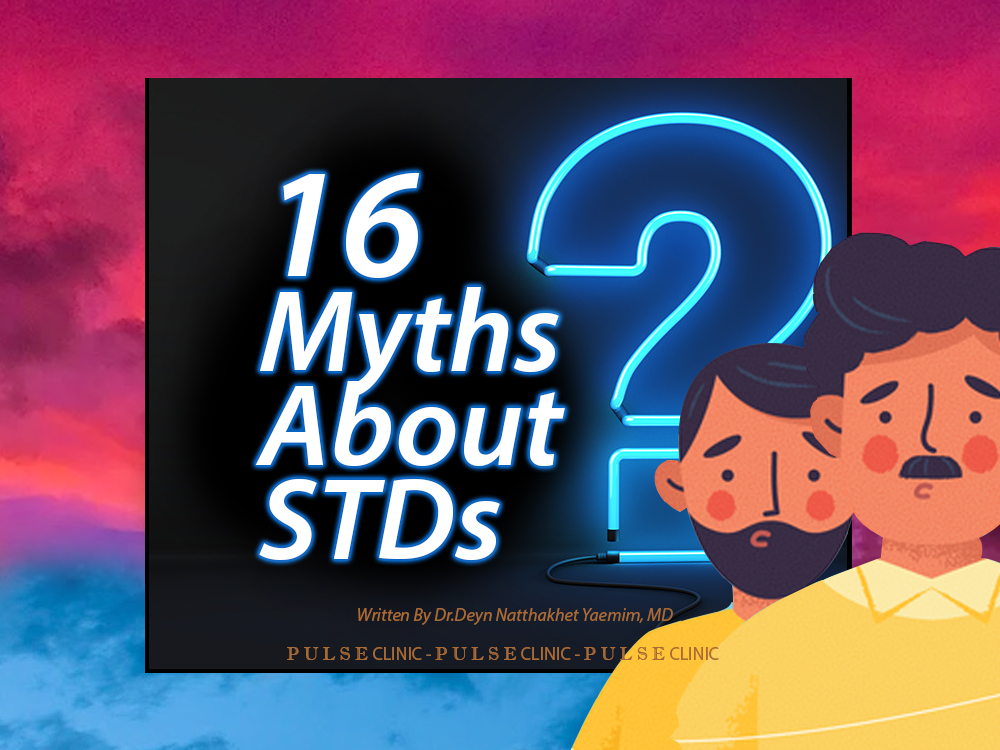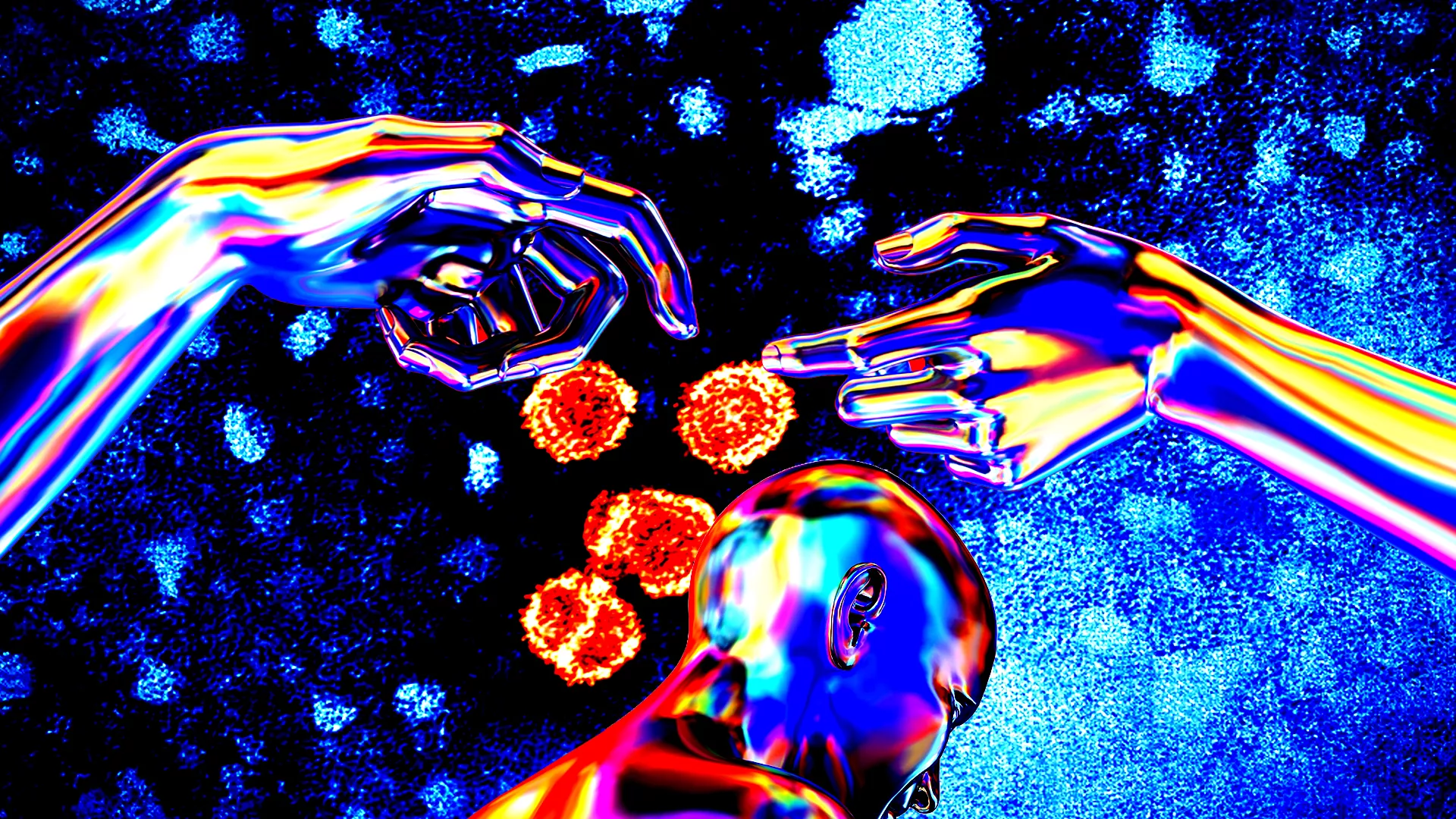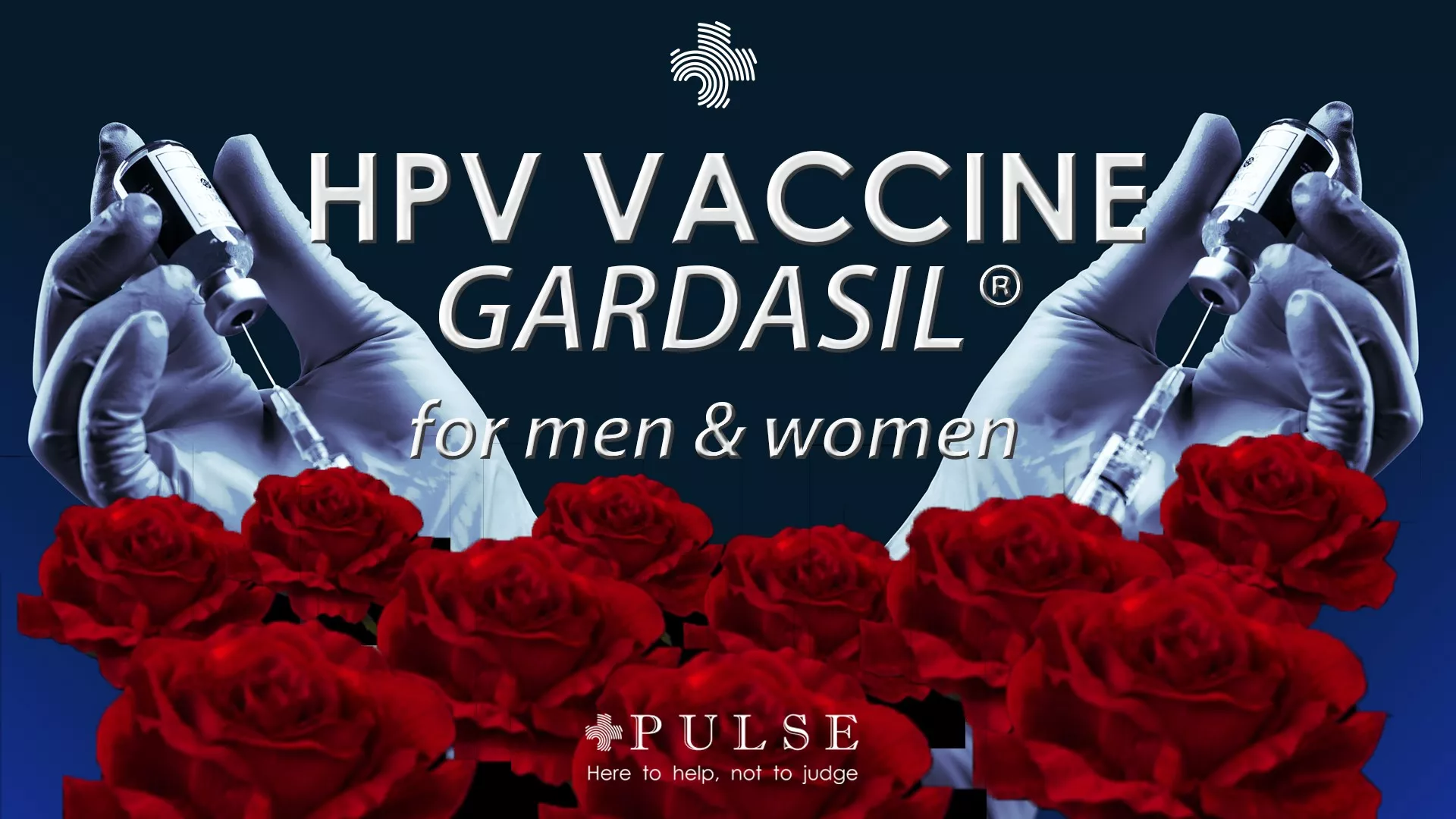HPV Wart Treatment in Singapore
16406
HPV treatment and removal clinic in Singapore - HPV is a very common sexually transmitted disease that can be contracted through skin-to-skin contact.
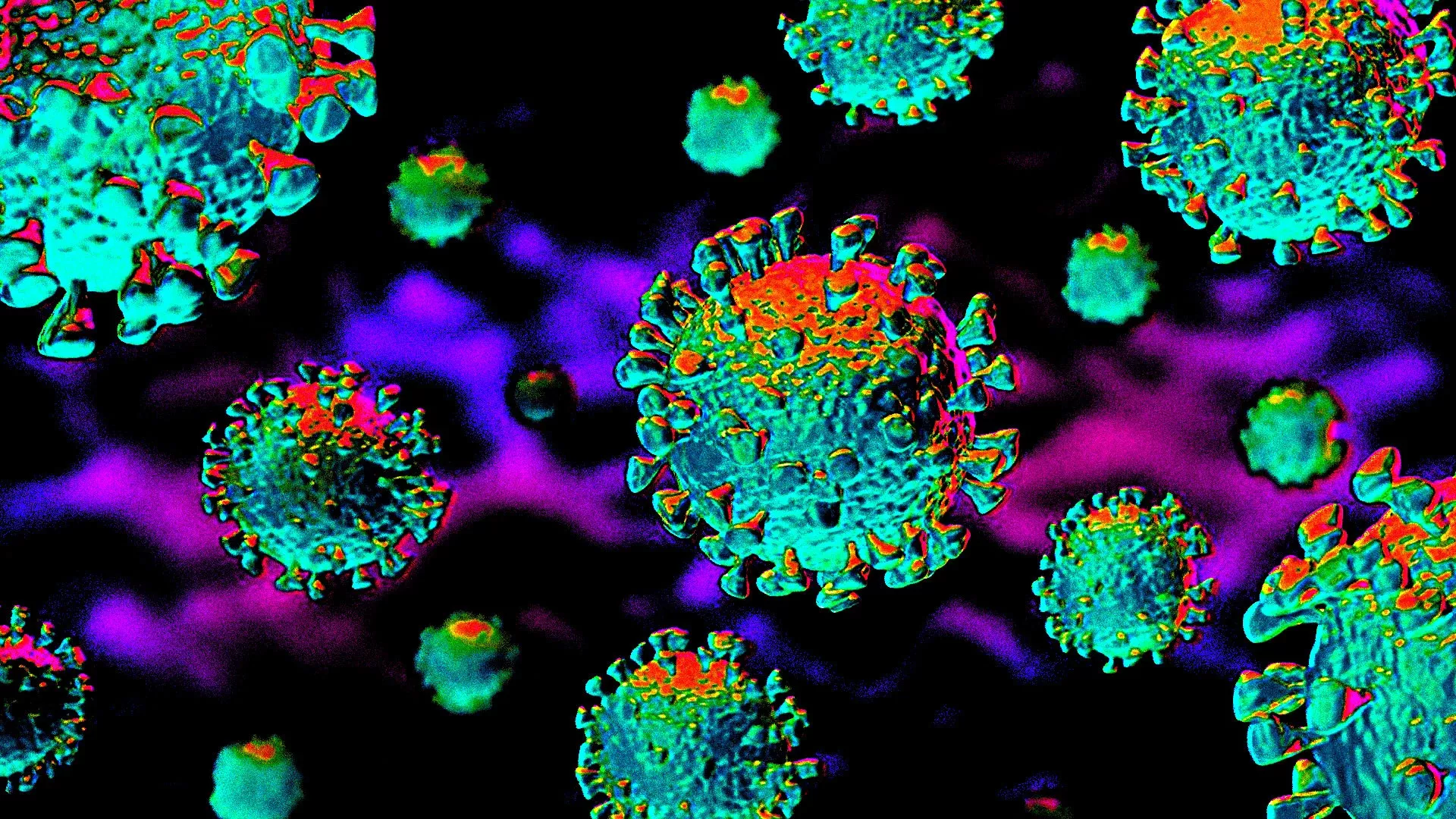
HPV WART TREATMENT AT PULSE CLINIC SINGAPORE
Dr.Deyn | 9 August 2019, reviewed and updated on 9 March 2021
What is HPV? How does it spread?
HPV is very common and can be transmitted through intimate sexual contact with someone who already has the virus.
There are over 200 types of HPV, and due to its prevalence, most people will be infected at some point in their lives.
Many individuals may not realize they are infected since it often shows no symptoms, and infections usually resolve on their own.
HPV is the most widespread sexually transmitted infection, primarily spread through skin-to-skin contact—not just through anal, vaginal, or oral sex.
Genital HPV infections are highly contagious and typically linked to sexual activity. Nearly all sexually active individuals will contract HPV at some stage in their lives, and the risk increases with the number of sexual partners you and your partners have.
What diseases can it cause?
HPV infections that persist can lead to cancers – anal, throat, and penile (penis) cancers in men, and cervical cancer in women.
HPV types 16, and 18 are the major causes of cervical cancer and are the main cause of HPV-associated cancers in males and females such as
- Anus and back of the throat, including the base of the tongue and tonsils (oropharynx), in both women and men.
- Penile cancer in men.
- Cervix, vagina, and vulva in women.
HPV types 6, and 11 are the main causes of anal wart and genital warts.
HPV types 31, 33, 45, 52, and 58 are 15% cause of cervical cancer.
When do genital warts develop?
Warts can take weeks, months, or even years to appear after exposure. There are also asymptomatic carriers of HPV who can transmit the virus to others. Therefore, the presence of genital warts doesn’t always indicate infidelity; the situation can be more complicated than it seems.
How are genital warts diagnosed?
A doctor can diagnose HPV clinically by taking your medical history, particularly your sexual history, and conducting a physical examination. They often make a "spot diagnosis" by inspecting the perianal area for visible warts.
For women, a complete pelvic examination is performed, which includes a Pap smear from the cervix to check for cervical cancer.
For both men and women, a proctoscope may be inserted into the rectum to conduct an examination and collect samples for further testing.
Human Papillomavirus (HPV) Testing
HPV Testing
HPV testing detects high-risk types of the human papillomavirus associated with cervical cancer. It's often done alongside a PAP smear, especially for women over 30, using cervical cell samples.
Item | HPV DNA Hybribio 21 Genoarray for Women | HPV DNA Hybribio 21 Genoarray for Men |
Specimen collection | Cervical PAP smear Anal PAP smear | Anal PAP smear Urethral PAP smear Urine Specimen |
Genotype tested | 21 Types High risk: 16,18,31,33,35,39,45,51, 52,53,56,58,59,66,68 Low risk: 6,11,42,43,44,81 (CP8304) | 21 Types High risk: 16,18,31,33,35,39,45,51, 52,53,56,58,59,66,68 Low risk: 6,11,42,43,44,81 (CP8304) |
Waiting time & Price | 10 working days 4150 THB | Urine HPV DNA 21 3550THB 15 working days Anal PAP smear HPV DNA 21 Urethral PAP smear HPV DNA 21 4150THB 10 working days |
Doctor Examination | Included | Included |
Doctor fee | Included | 800 THB |
Add-on ThinPrep test | - | 1550 THB |
*** Please make an appointment in advance for your convenience and speed of getting the examination
Book Your HPV Testing Today!
Contact us at info.bkk@pulse-clinic.com or chat on your preferred platform:
![]() +66 65 237 1936
+66 65 237 1936  @PULSEClinic
@PULSEClinic ![]() PulseClinic
PulseClinic
Trust PULSE CLINIC to take care of your health like other 45000 people from over 130 countries. We provide discreet professional service with high privacy. Here to help, not to judge.
Can genital warts be treated?
Yes. A variety of treatments are available for established cases of genital warts. The following are treatment options on how to get rid of genital warts:
- Podophyllotoxin, 0.5% solution or 0.15% cream. Apply twice daily for 3 days, followed by 4 days’ rest, for up to 4 weeks. It is suitable for home treatment of external warts. Rub Vaseline or petroleum jelly at the base of the warts before rubbing the cream to avoid burns. Podophyllin should not be used in pregnant women.
- Imiquimod cream applied 3 times weekly (and washed off after 6-10 hours) for up to 16 weeks is also suitable for external warts. Contraindicated in pregnancy)
- podophyllin and imiquimod creams are home remedies for getting rid of genital warts.
- Cryotherapy which involves freezing the warts with liquid nitrogen is also a treatment modality, but the recurrence rate is high.
- Surgery can be used for genital warts removal. This is done under local or general anesthesia
- Electrocautery, involving cutting the warts with electric current is a treatment option for warts. It is now discarded because of the risk of inhalation of HPV associated with it. An inhaled HPV fume/smoke can cause laryngeal carcinoma to the doctor and staff in the treatment room if the treatment room doesn't have a proper ventilation system.
Does PULSE Singapore provide anal wart or genital wart treatment?
PULSE CLINIC offers treatment for anal and genital warts, as well as warty lesions in other areas of the body. You can book an appointment for an STD test, treatment, or consultation.
We follow sexually transmitted infection treatment and prevention guidelines, utilizing podophyllin or trichloroacetic acid (TCA).
Chemical cautery using a 60 to 90 percent TCA solution is particularly effective for treating a few small, moist lesions.
TCA eliminates genital warts by destroying the proteins in the affected cells. However, it can also damage normal cells, so it's essential for a well-trained doctor to apply it carefully. TCA is typically applied once a week, ensuring that only the wart is treated to minimize irritation to surrounding healthy tissue.
How well does it work?
Studies indicate that TCA treatment can eliminate warts in up to 80 out of 100 cases after six weeks of treatment, depending on the size and location of the lesions. TCA works best on small, moist wart areas.
What are the side effects of treatment?
TCA typically causes mild to moderate discomfort at the application site for several minutes. The medication is not easily absorbed into the body, so it may result in local skin irritation but not systemic side effects. Controlling the depth of acid penetration into the skin can be challenging; if it penetrates too deeply, you might experience pain, skin irritation, and ulcers that will eventually heal. Common side effects include burning, swelling in the treated area, and skin tenderness.
What else do I need to know?
If large areas of warts need to be removed and multiple treatments are required, doctors may advise against TCA due to potential pain and burning. Genital warts can sometimes resolve on their own. It's important to note that treating warts does not eliminate the human papillomavirus (HPV) that causes them; the virus may remain in the body in an inactive form even after the warts are gone. As a result, a person who has been treated for genital warts can still transmit the infection. While condoms can help reduce the risk of HPV transmission, it’s crucial to weigh the benefits and effectiveness of each treatment option against their side effects and costs. Be sure to discuss this with your doctor.
Can HPV infection be prevented?
Condoms don't guarantee protection from infection. This is because HPV can be transmitted by skin contact with areas not covered by condoms.
One of the best ways to protect yourself from HPV infection is to get the vaccine. The vaccine protects against 4 types of HPV (types 6, 11, 16, and 18) that can cause cancer and genital warts.
HPV Vaccine
When to start?
As soon as possible. In October 2016 ACIP recommended HPV dosage according to age starting the first dose.
9v HPV vaccine (9vHPV, Gardasil®9, Merck&Co.) has been licensed by the USFDA to be used among males and females since December 2014. in February 2015, the Advisory Committee on Immunization Practice (ACIP) recommended that Gardasil®9 used for cancer prevention among males and females. It is widely used for prevention in developed countries.
- Age less than 15 years old: 2-dose regimen (day 1 and month 6)
- Age above 15 years old: 3-dose regimen (day 1, month 1-2, month 6)
- Immunocompromised people such as HIV-infected patients: 3-dose regimen (day 1, month 1-2, month 6) regardless of age
Gardasil 9
9v = nonavalent HPV vaccine (Gardasil®9, HPV 6, 11, 16, 18, 31, 33, 45, 52, 58)9v HPV vaccine (9vHPV, Gardasil®9, Merck&Co.) has been licensed by the USFDA to be used among males and females since December 2014. in February 2015, the Advisory Committee on Immunization Practice (ACIP) recommended that Gardasil®9 used for cancer prevention among males and females. It is widely used for prevention in developed countries.
Book Your HPV Vaccine Today!
Contact us at info.bkk@pulse-clinic.com or chat on your preferred platform:
![]() +66 65 237 1936
+66 65 237 1936  @PULSEClinic
@PULSEClinic ![]() PulseClinic
PulseClinic
Trust PULSE CLINIC to take care of your health like other 45000 people from over 130 countries. We provide discreet professional service with high privacy. Here to help, not to judge.
Loading...
Clinic Locations
Loading...






